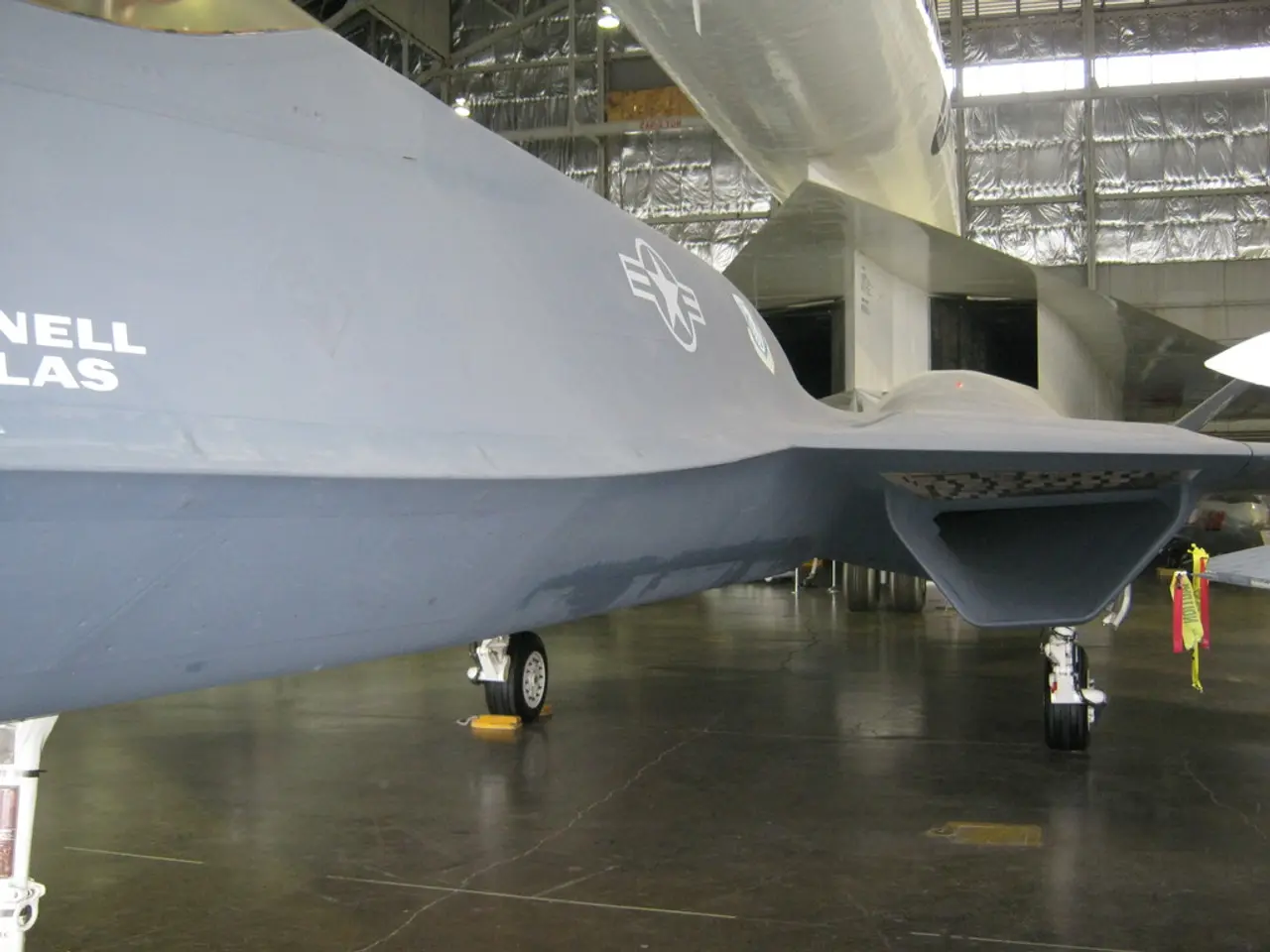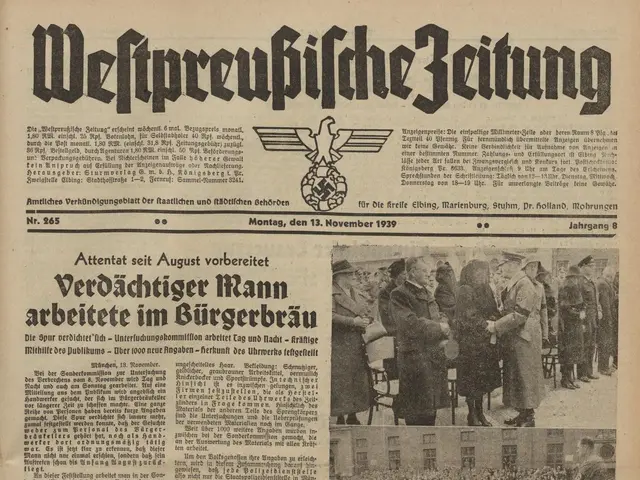The Dutch Aviator, Anthony Fokker, Known as The Flying Dutchman
Anthony Fokker, born on April 6, 1890, in the Netherlands, was a brilliant entrepreneur and aviation pioneer whose contributions to early aircraft development, particularly during World War I and the 1920s and 1930s, left an indelible mark on the aviation industry.
In 1910, Fokker built his first aircraft, "de Spin" ("Spider"), marking the beginning of his aviation journey. However, tragedy struck as his business partner destroyed the plane. Despite this setback, Fokker persevered and went on to earn his flying certificate on the second "Spin" plane.
During World War I, Fokker gained fame for designing the Fokker Eindecker series of fighter planes, most notably the Fokker E.I, which introduced a groundbreaking gear system that allowed for machine gun firing over the propeller without hitting the blades. This technology gave Germany a significant advantage early in the war.
After the war, Fokker moved to the Netherlands and then to the United States in 1922, where he established Fokker Aircraft Corporation of America. Throughout the 1920s and 1930s, he focused on the design and development of commercial aircraft, producing reliable transport aircraft and advanced passenger and cargo planes, including the popular Fokker F.VII trimotor.
In 1922, Fokker founded Atlantic Aircraft Corp. in New Jersey. Some Fokker trimotors, however, suffered from structural issues, notably involving wooden wings, which led to accidents and a loss of reputation for wood-framed aircraft.
Despite these challenges, Fokker's designs influenced airliners and military aircraft of the era. His early work paved the way for more advanced aircraft, such as the Douglas DC-2 and DC-3, which surpassed Fokker's wood-structured models in performance and safety.
Fokker is also remembered for his achievements in commercial aviation. The first non-stop flight across the United States was made on a Fokker T-2 transport. Moreover, Richard Byrd and Floyd Bennett flew over the North Pole on May 9, 1926, in one of Fokker's trimotor aircraft.
Fokker's career as an aviation genius ended with his untimely death at the age of 49 on December 23, 1939. His autobiography, "The Flying Dutchman," was published in 1931. Fokker is remembered as one of the key figures who advanced aviation engineering, particularly in pioneering fighter aircraft tactics and commercial aviation development during the interwar period.
References: - Anthony Fokker. (2019). In Encyclopædia Britannica. https://www.britannica.com/biography/Anthony-Fokker - "Anthony Fokker." (2021, February 23). In The Flying Dutchman. https://www.theflyingdutchman.com/anthony-fokker/ - "Anthony Fokker." (2018, August 27). In The Aviation Geek Club. https://www.theaviationgeekclub.com/anthony-fokker/ - "Anthony Fokker." (2019, October 18). In The History of Aviation. https://www.historyofaviation.com/pilots/anthony-fokker/ - "Anthony Fokker." (2021, February 16). In Air & Space Magazine. https://www.airspacemag.com/history-of-flight/anthony-fokker-180972418/
- Anthony Fokker's industry-defining contributions extended beyond military aircraft design, as he also focused on the aerospace technology of commercial aircraft during the 1920s and 1930s, introducing advanced passenger and cargo planes.
- Unlike some contemporary aviation pioneers, Fokker was not only visionary in aircraft design but also business-oriented, founding Atlantic Aircraft Corp. in 1922 as part of his endeavors to bring his technology to the US aviation industry.
- The finance sector played a crucial role in Fokker's achievements, as his strategic partnerships and investments enabled him to overcome setbacks and establish himself as a significant player in the global aerospace industry.








